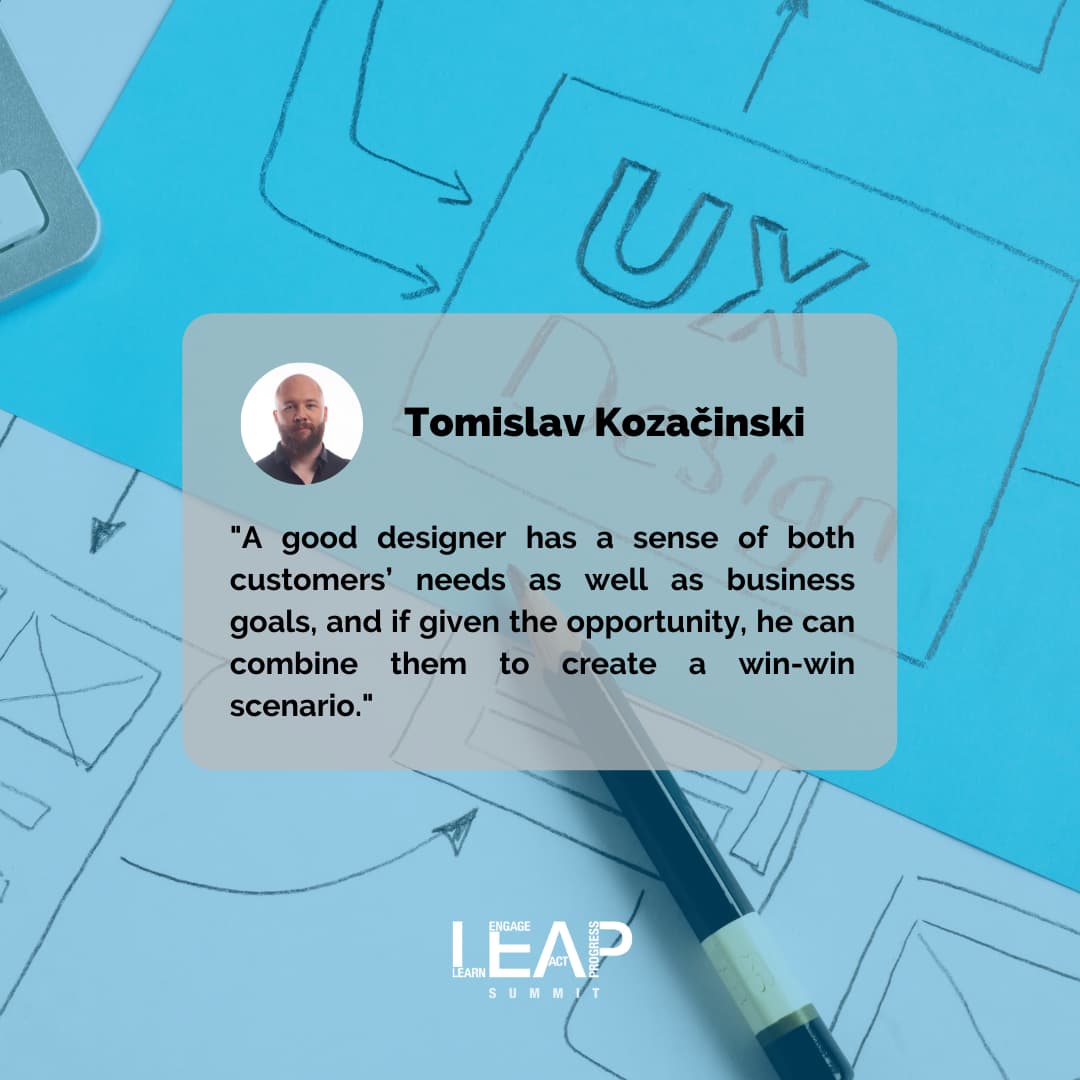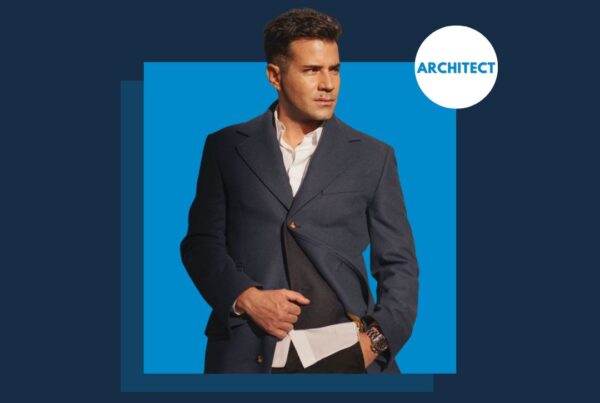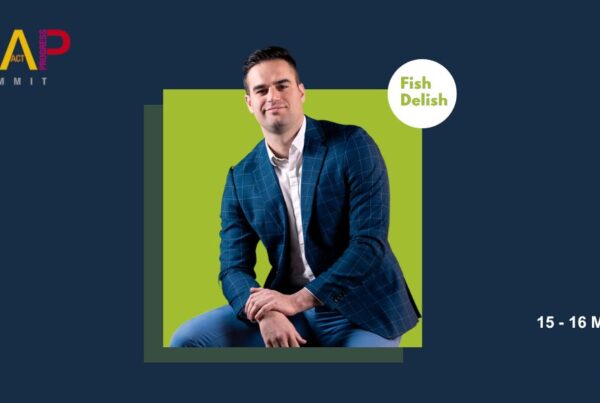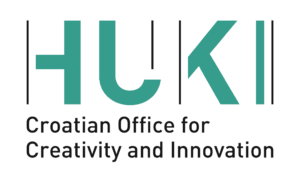Do you know someone who shares the profession as a stand-up comedian, product designer, founder, and mentor? Add to it the fact that he began his entrepreneurial journey in his early twenties. Tomislav Kozačinski (aka Koza) is known for this wide range of interests. Goat is undoubtedly a guy who offers his experiences as well as the most recent UX expertise in a fun and honest way. During this interview, he shared with us interesting insights that he encountered along the way, as well as advice for anybody interested in learning more about UX.
What can attendees expect to learn about UX during your speech at the LEAP Summit, particularly those who are unfamiliar with the subject?
Attendees not familiar with the benefits of user and customer experience will get a chance to learn the value a highly-skilled designer brings to the company and/or a project, and how including such a professional at the core of their team or organisation greatly changes the outcome and success of their endeavour.
Where did stand-up assist you in your job as a product designer, and where did it not? Perhaps something on the importance of understanding your audience in both areas?
A stand-up comedy stage is a place where you’ll learn immediately what your audience (customer) thinks. I like to say that It’s the fastest user feedback platform for joke writing! In my workshop “being funny for money”, I teach people to pair their sense of humour with their negotiating skills. Through stand up comedy I’ve developed a better emotional intelligence and that helped me to connect with my customers much more easily.
After stopping your studies your next move was starting your business in your early twenties. What advice would you give to those who may be on the same road as you?
I’m a strong proponent of quitting formal education in order to pursue a career in the digital industry. In my interactions with younger audiences over the years, I’ve taken a position of caution when advising around deciding on a career path. Just because you quit the traditional schooling system, doesn’t mean you quit studying.
My story of quitting college to start a company sounds “easy”, but the truth is – there is a lot of work and a lot of learning involved – especially when you are just starting out. My advice would be “Do it, but be aware that it is a much bigger commitment than school because it’s always and forever.”
A bit about freelancing: what steps have you found that most frequently obstruct the realization of the above, and what mistakes would you advise everyone to avoid?
This is one of my favourite topics, I can talk about this for hours – that’s why I’m writing a book on the subject. One of the most important things I would point out here is the wrong idea people have that freelancing is easier than traditional employment, and brings better income. That can’t be further from the truth, especially when you’re starting out. It takes quite some time to get to the point where you are comfortable, but where you can go – that has no limits.
What sources would you recommend to those interested in UX, and what general advice would you give them? Perhaps any recommendations for the “meter books” worth reading?
The industry is changing and evolving so rapidly, that it’s hard to “learn everything”, so I would start at the core, with books like “Design of everyday things” and start to follow publications and authors that are at the forefront of user experience. There are a lot of great resources on social media networks, and Twitter is a great place to start.
In what directions can the designer’s purpose contribute inside the organization, and why is this sometimes not considered enough in business practice?
A good designer has a sense of both customers’ needs as well as business goals, if, given the opportunity, he can combine them to create a win-win scenario. This is often overlooked, as business owners are not aware of the benefits having a designer can have.
What are the most common mistakes you’ve encountered while surpassing users’ demands, which led to a poor user experience?
I’ve witnessed large companies throwing money at the problem in form of hiring more developers, without talking to users or assuming what customer needs are without asking them. At the moment developers are most hard to come by resource and having them do unnecessary work just wastes everyone’s time. This has unfortunately cumulated with features being built and then never used.
What was your favourite project to work on, and why? What did you learn from it?
Ahhhh… Every “new” project is my favourite while I’m discovering the needs of the business and customers, and distilling that into a coherent product. My current favourite is the platform I’m developing with my team as our passion project, called the “Socratly app”. It’s a venture that we are taking to investors, and I am learning a lot about the financial aspects of taking onboard outside finance and trying to navigate and find the best approach to the subject.
Is there anything you would change about your professional life if you could go back in time? What are your current aspirations?
I believe in the “No regrets” outlook towards life. I wouldn’t be where I am without all the learnings and mistakes I did. But If I had to make a choice, I’d probably give a bit more attention to learning development, and a little less to learning 3D and animations, that I don’t utilise at all.
At the moment, I am focusing on stepping away from being a hands-on designer, building a team I can empower and mentor while writing my book and running the agency. Next few years I would like to do more teaching, speaking and running workshops – helping people in their next step in their career, as well as life.







